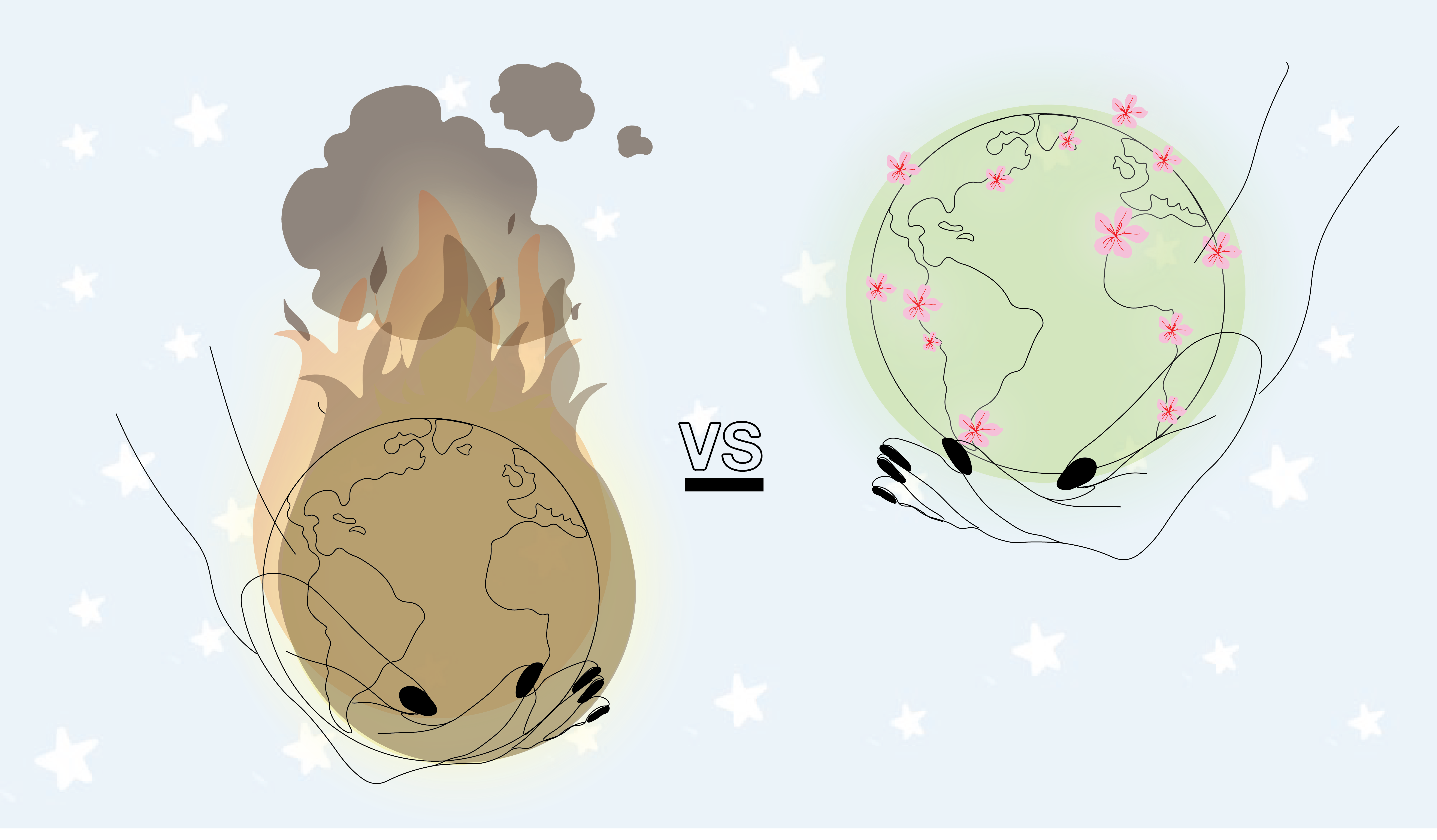Concordia University’s fourth annual Sustainability Across Disciplines Conference, “Sustainability and Climate Crisis,” has been postponed amid the COVID-19 crisis.
Following Premier Francois Legault’s announcement on March 13, all schools, universities, and CEGEPs will be closed for the coming two weeks.
The event was to be hosted by the Loyola Sustainability Research Centre and the Loyola College for Diversity and Sustainability, from March 16-18.
“The conference [usually brings] together student and faculty researchers across disciplines at Concordia to discuss their work on sustainability in general and the climate crisis in particular,” said Rebecca Tittler, Ph.D., Coordinator of the Loyola College for Diversity and Sustainability and the Loyola Sustainability Research Centre.
The conference was to be held in Concordia’s John Molson School of Business (JMSB) for the first two days and at the Jesuit Hall & Conference Centre on Loyola Campus for the final day. The conference was to include keynote speakers, panels, a poster session, workshops, a student film festival, and even “Climate Geopardy”—an interactive presentation designed to teach players about the climate crisis in a fun and engaging way.
“I think that conferences like these are important because they allow people to share ideas and discuss possible changes,” said Mai Pradhan, a communications student at Concordia who was looking forward to the event.
Moreover, the many topics to be discussed ranged from climate change and its effect on biodiversity, individuals’ carbon footprint, careers in sustainability, and much more. “The goal is to foster conversation and collaboration across disciplines on these issues,” Tittler told The Concordian.
Although the conference has been cancelled, students can still read up on the various subjects on this website. They remain relevant, as the effects of global warming are being seen across the globe.
“It is everyone’s duty, the administration just as much as the students, to raise awareness on our climate crisis,” said Alexis Deleon, a journalism student who was planning to attend the event.
Loyola Sustainability Research Centre and the Loyola College for Diversity and Sustainability hope to revisit this theme at next year’s conference, in March 2021.
Graphic by Sasha Axenova
